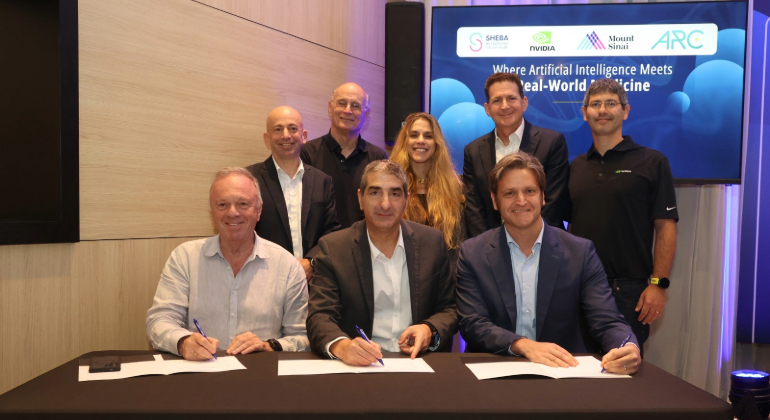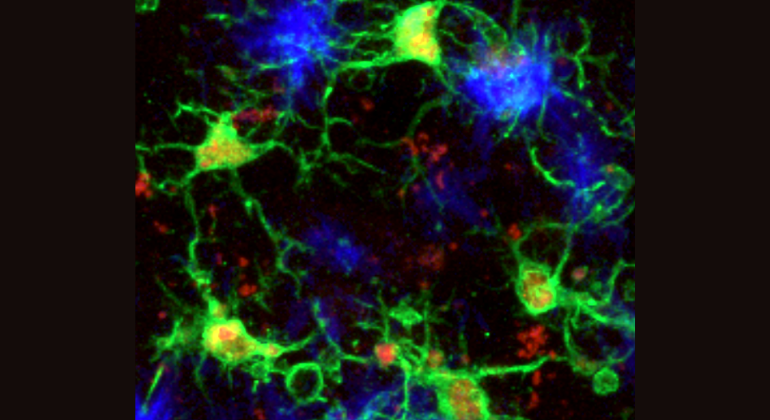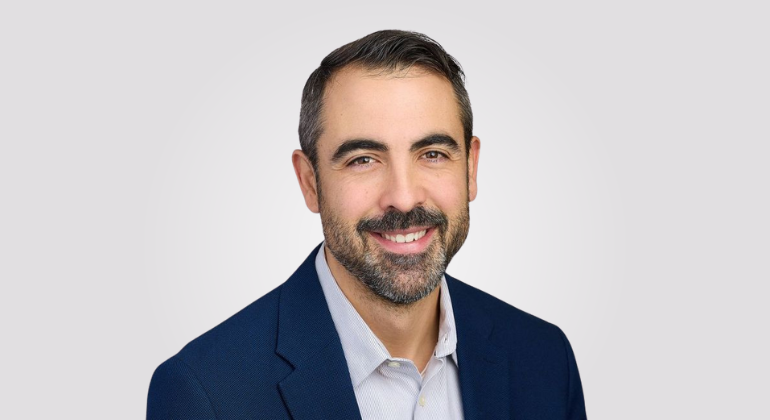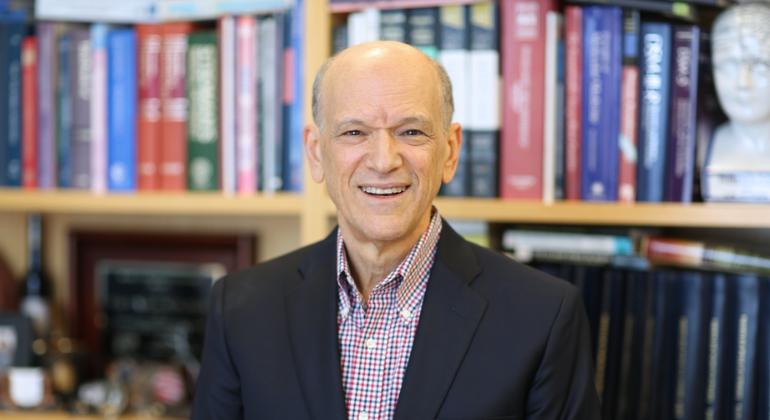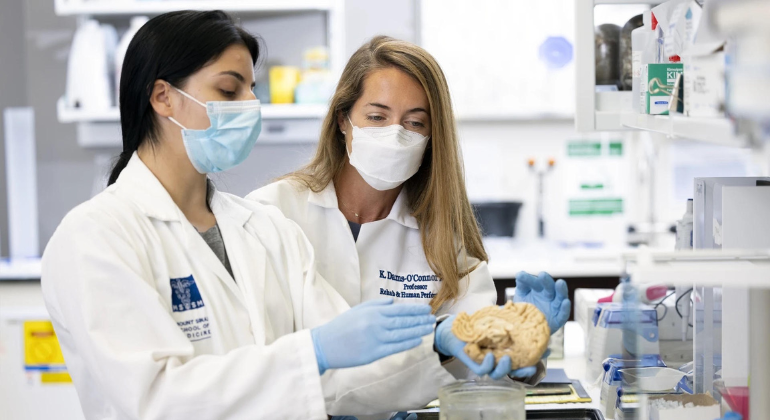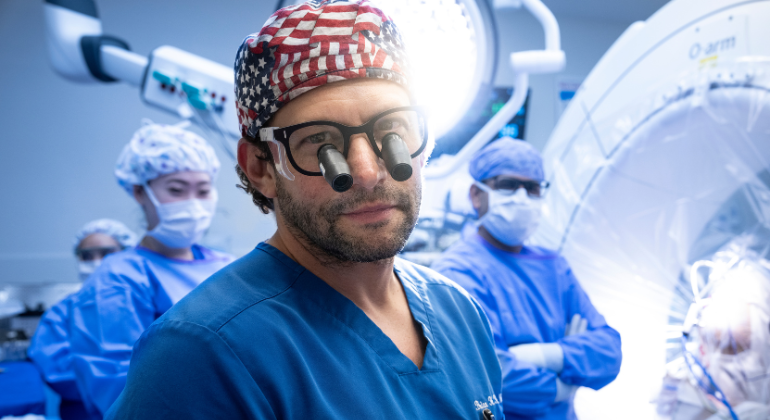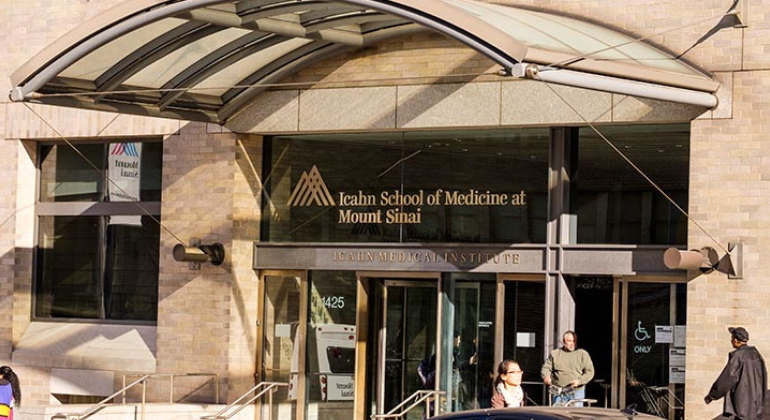Brain Development in Chimpanzees Provides Insight into the Evolution of the Human Brain
The development of brain regions crucial to learning occurred before apes evolved into humans.
Social learning and cognition occurred earlier in the evolutionary process than previously thought, according to researchers from the Icahn School of Medicine at Mount Sinai. The findings, which are published in June in the Proceedings of the National Academy of Sciences, indicate that development of brain regions crucial to learning occurred before apes evolved into humans.
Macaque monkeys, which share a last common ancestor with humans from approximately 25 million years ago, have served as the predominant comparative model for human brain development. However, there is a significant lack of evidence about similarities in brain development between humans and more closely-related apes, such as chimpanzees, creating a gap in understanding about when during evolution humans acquired social learning practices and language skills. As a result, researchers at Mount Sinai and George Washington University evaluated chimpanzees to help establish a timeline of when evolutionary changes in the neocortex, a brain region crucial for cognition, occurred in humans and chimpanzees.
“We know that brain development in humans is characterized by an extended period of growth of synapses, the points of contact between nerve cells, into mid-childhood, and a delayed nerve cell maturation of the prefrontal cortex, the region responsible for higher cognitive abilities,” said Patrick Hof, MD, Professor of Neuroscience at the Icahn School of Medicine at Mount Sinai. “In order to establish when during the evolutionary process this development happened, we evaluated chimpanzees to identify similarities with humans and to assess whether this type of development happened before or after the chimpanzee-human evolutionary split.”
By evaluating tissue from the brains of chimpanzees, Serena Bianchi, MSc, and Chet Sherwood, PhD, at the George Washington University, and Dr. Hof found that chimpanzee brain development in the neocortex is very similar to that of humans in timing and duration. Unlike macaques who are born with a more mature cerebral cortex, chimpanzees undergo this development between ages three and five, similar to humans. These observations indicate that evolutionary changes in a brain region crucial for cognition likely occurred earlier than the chimpanzee-human divergence.
“These findings, when placed in the context of primate evolution, provide important insights not only about the developmental origins of human-specific cognitive and social skills, but importantly also on possible mechanisms leading to the emergence of neuropsychiatric illnesses that selectively affect our own species,” said Dr. Hof.
This research was supported by grants from the National Science Foundation, the National Institutes of Health, and the James S. McDonnell Foundation.
About The Mount Sinai Medical Center
The Mount Sinai Medical Center encompasses both The Mount Sinai Hospital and Icahn School of Medicine at Mount Sinai. Established in 1968, the Icahn School of Medicine at Mount Sinai is one of the leading medical schools in the United States. The Icahn School of Medicine is noted for innovation in education, biomedical research, clinical care delivery, and local and global community service. It has more than 3,400 faculty members in 32 departments and 14 research institutes, and ranks among the top 20 medical schools both in National Institutes of Health (NIH) funding and by U.S. News & World Report.
The Mount Sinai Hospital, founded in 1852, is a 1,171-bed tertiary- and quaternary-care teaching facility and one of the nation’s oldest, largest and most-respected voluntary hospitals. In 2012, U.S. News & World Report ranked The Mount Sinai Hospital 14th on its elite Honor Roll of the nation’s top hospitals based on reputation, safety, and other patient-care factors. Mount Sinai is one of just 12 integrated academic medical centers whose medical school ranks among the top 20 in NIH funding and by U.S. News & World Report and whose hospital is on the U.S. News & World Report Honor Roll. Nearly 60,000 people were treated at Mount Sinai as inpatients last year, and approximately 560,000 outpatient visits took place.
For more information, visit http://www.mountsinai.org.
Find Mount Sinai on:
Facebook: http://www.facebook.com/mountsinainyc
Twitter @mountsinainyc
YouTube: http://www.youtube.com/mountsinainy
# # #
About the Mount Sinai Health System
Mount Sinai Health System is one of the largest academic medical systems in the New York metro area, with 48,000 employees working across seven hospitals, more than 400 outpatient practices, more than 600 research and clinical labs, a school of nursing, and a leading school of medicine and graduate education. Mount Sinai advances health for all people, everywhere, by taking on the most complex health care challenges of our time—discovering and applying new scientific learning and knowledge; developing safer, more effective treatments; educating the next generation of medical leaders and innovators; and supporting local communities by delivering high-quality care to all who need it.
Through the integration of its hospitals, labs, and schools, Mount Sinai offers comprehensive health care solutions from birth through geriatrics, leveraging innovative approaches such as artificial intelligence and informatics while keeping patients’ medical and emotional needs at the center of all treatment. The Health System includes approximately 9,000 primary and specialty care physicians and 10 free-standing joint-venture centers throughout the five boroughs of New York City, Westchester, Long Island, and Florida. Hospitals within the System are consistently ranked by Newsweek’s® “The World’s Best Smart Hospitals, Best in State Hospitals, World Best Hospitals and Best Specialty Hospitals” and by U.S. News & World Report's® “Best Hospitals” and “Best Children’s Hospitals.” The Mount Sinai Hospital is on the U.S. News & World Report® “Best Hospitals” Honor Roll for 2025-2026.
For more information, visit https://www.mountsinai.org or find Mount Sinai on Facebook, Instagram, LinkedIn, X, and YouTube.

Mount Sinai Study Finds PTSD May Accelerate Brain Aging in 9/11 Responders
Dec 08, 2025 View All Press Releases
